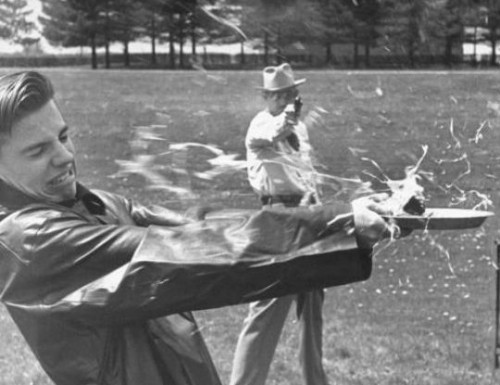riting not riting
Some days it feels like pushing words around in a flat wheelbarrow. You write for hours with no real result, or with result far from satisfactory, or with result very far from satisfactory, as if you’ve lost the thing (always a fear), the thing that worked before but is now clearly not working (see David Duval, see Harper Lee [?], etc.). Were these hours wasted? In a busy life, could you have spent these hours on something clearly and concretely productive (mowing lawn, purchasing drugs, thinning mints, etc.)? Some bray, “Well, it all counts,” it is all grist for the mill, tourists for the ants, but possibly they are patronizing a person who just spent many fruitless hours staring at the whiteout conditions, the frowned forehead of the page. For me, a lifelong runner, I think of training. Some days I’m in a glow groove with running—the planned fartlek, tempo, hill surges, go exactly as I’d imagined.
Other days–and I learned this after decades of competitive running–the biorhythms are just funky-junked, right from the first warm-up step. There is immediately no flow. The legs are squid. So I usually shut that workout down. I switch the workout over to something less arduous, or I might just go play disc golf, or I might pop open a beer. That day wasn’t the day. Period. So maybe, in writing, we should do the same? Just accept the reality of the neurotransmitters and let it go. The other option—and, admittedly I’ve seen this work in running, though not so often—is to grind yourself into that space. Some read a book or lit mag, or listen to music (or write a blog post?), whatever, hoping to prime the engine, to transition into writing. Is that the better way? Or another? It’s something I’m pondering.


Maybe listening to yourself without telling your self what to say?
(It’s a paradox–self-regulation. (Because the conversation is between the same composite substance or entity.))
So, ad hoc, sometimes you drop it for however long, and sometimes you push on through the slough. I don’t think there’s a systematic, all-inclusive knowing of what to do in each case–a formula.
As a writer, you want to be ‘free’? Well, —
Then again, you could take time out from writing poetry and fiction to compose super-hilarious bumper-stickers: https://pic.twitter.com/uinFxAW0
I hate it when writing doesn’t go well. It makes me miserable, and if I’m not very careful, then I can act miserably. But when it does go well, it’s not exactly about what I’ve written though the two things (process and product) are inextricably linked. If the product was really all that important then it would last longer as a source of contentment. But it doesn’t. To a certain extent, you only ever regret the things you’ve written in the past. This is not because the things are necessarily bad, but because they’re discovered and without potential. The most important essay about this for me is Amiri Baraka’s “Hunting Is not Those Heads on the Wall.”
Lately, when writing isn’t going well for me for more than a few days, I get stress-related insomnia and start writing for a few hours at night. Eventually (so far anyway), this fixes the problem but with a lot of collateral damage, and I can go back to my normal writing routine.
I’ve been writing daily and consistently, without too much concern for the product, for almost two years now. It was a new year’s resolution that did it, absurdly enough.
What strikes me, though, is how different writing becomes once I’ve been given a deadline. Here’s the example: For the past two years I haven’t worried too much about anything other than writing draft after draft of a novel. And I’ve been capable of doing that. Within the last month, though, I decided I would apply to MFA programs for fiction. Knowing I’ll apply, I of course need something good enough to apply with. So, I culled a couple stories and a few excerpts from the novel, and worked on each one for a few days, mostly tweaking since they were the ones I thought best (and the most edited anyway).
But now that that’s over–now that, for the time being, I’m satisfied with those pieces, and trying to find people to read those pieces to tell me what I can’t see is wrong with them–I have a lack of willpower, an inability to get myself in gear and start working on the novel again. It’s as if I’m saying to myself, You’ll be able to work on the novel again once all this mfa stuff is finished. Which means I’ll be hopeless until early-late January.
That’s my issue right now. It hasn’t helped that this week, the week I meant to get back on board, I got sick. But even so, there is a dissonance now, with two objectives (mfa applications/novel completion) that seem to be pulling me apart.